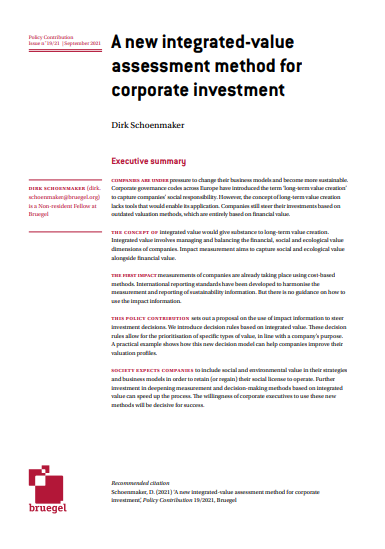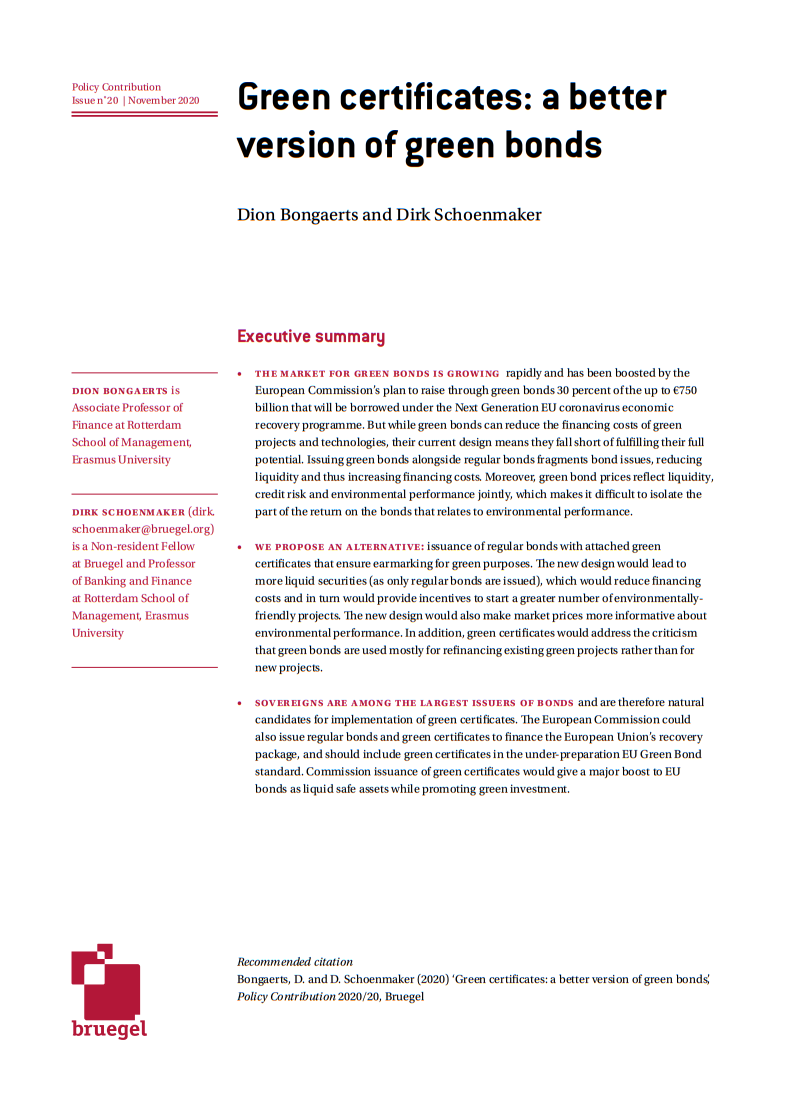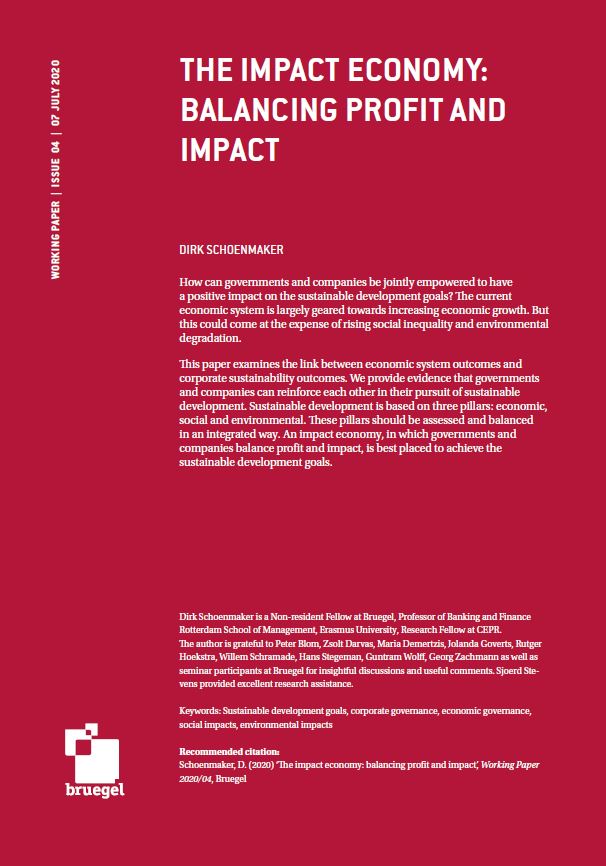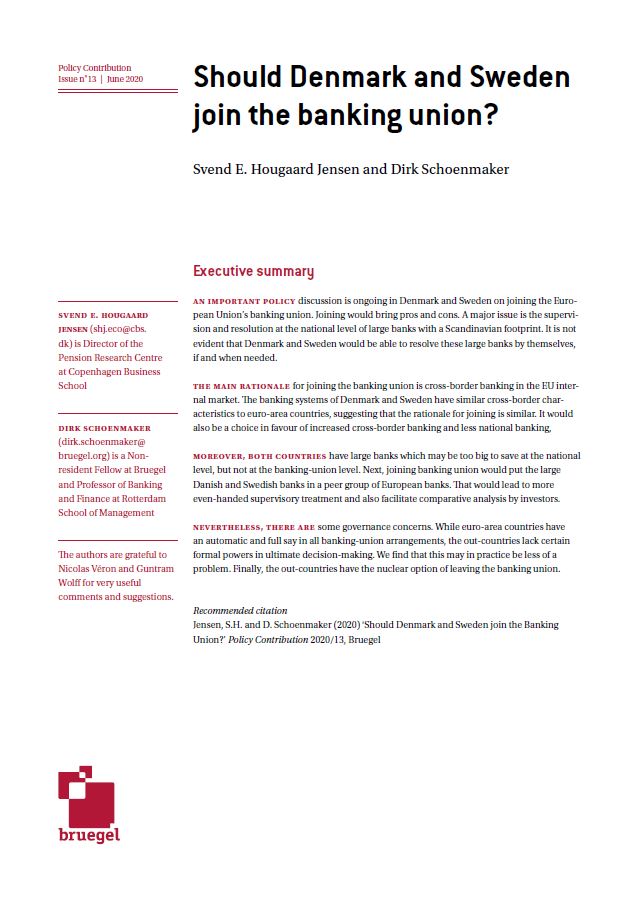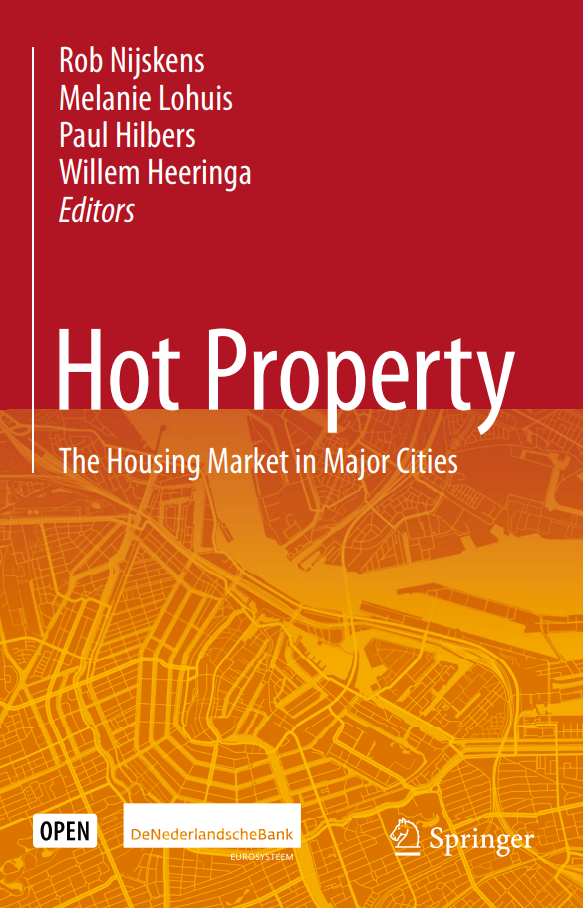Scholars

Dirk Schoenmaker
Non-Resident fellow
Expertise: macro-finance, financial supervision and stability, banking, insurance, circular economy CV: Download CV
Dirk Schoenmaker is a Non-Resident Fellow at Bruegel. He is also a Professor of Banking and Finance at Rotterdam School of Management, Erasmus University Rotterdam and a Research Fellow at the Centre for European Policy Research (CEPR). He has published in the areas of sustainable finance, central banking, financial supervision and stability and European financial integration.
Dirk is author of ‘Governance of International Banking: The Financial Trilemma’ (Oxford University Press) and co-author of the textbooks ‘Financial Markets and Institutions: A European perspective’ (Cambridge University Press) and ‘Principles of Sustainable Finance’ (Oxford University Press). He earned his PhD in economics at the London School of Economics.
Before joining RSM, Dirk was Dean of the Duisenberg school of finance from 2009 to 2015. From 1998 to 2008, he served at the Netherlands Ministry of Finance. In the 1990s, he served at the Bank of England. He is a regular consultant for the IMF, the OECD and the European Commission.
